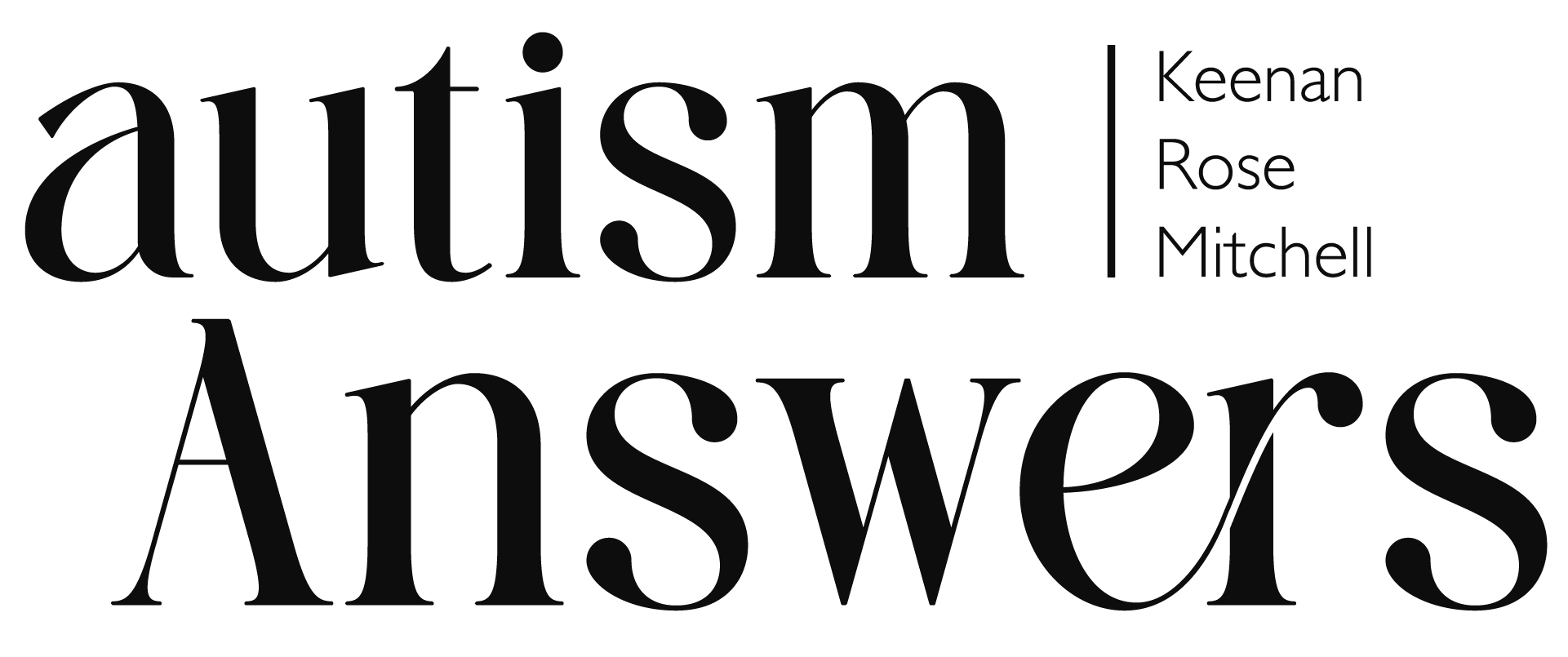top of page

Frequently Asked Questions
About My Services
-
How do I know if my child needs an autism screening or assessment?If your child is between 1-4 years old and showing delays in communication, social engagement, or behavior—such as limited eye contact, repetitive actions, difficulty with transitions, or sensory sensitivities—it may be helpful to get them screened. Early identification allows for the best possible support and outcomes.
-
What is the difference between a screening and an assessment?A screening is a brief, initial check to determine whether your child is showing early signs of autism. A screening can be done virtually or in person. An assessment, such as the ADOS-2 Toddler Module, is a structured, in-depth evaluation that provides clear answers about whether your child’s behaviors are consistent with autism. The assessment can only be done in person because it is a social interaction.
-
How is your process different from early intervention or a medical diagnosis?Unlike state-funded early intervention programs, I work privately, so there are no long waitlists or paperwork barriers. My assessments provide the same trusted information used by doctors, but from a teacher’s perspective. While I cannot provide a medical diagnosis, I can tell you if your child’s behaviors are consistent with autism.
-
Can you help if my child is on a waitlist for a medical evaluation?Yes! Many families wait over a year for a formal autism diagnosis. I can assess your child right away, so you’re not left wondering. With this information, you can start early interventions immediately rather than losing precious time.
-
What are the early signs of autism in toddlers?Early signs of autism may include limited eye contact, not responding to their name, delayed speech, repetitive movements (such as hand-flapping or rocking), difficulty with transitions, intense reactions to sensory input, or a strong preference for routines.
-
Can autism be diagnosed before age 4?Yes! While the average age of autism diagnosis in the U.S. is around 4 ½ years, I can assess children as early as 12 months old. Early identification allows families to begin interventions sooner, which will significantly improve a child’s developmental progress.
-
Is it possible for my child to show some signs of autism but not actually have it?Yes. Many young children exhibit behaviors that may resemble autism but are actually related to other developmental differences, temperament, or sensory sensitivities. A valid assessment helps clarify whether your child’s behaviors align with autism or if other factors may be at play.
-
If my child is autistic, what kind of support will they need?Every child is different, but support often includes strategies for improving communication, social interactions, sensory regulation, and behavior management. The earlier you start, the better the outcomes. I provide practical, tailored guidance to help you support your child’s growth in everyday situations.
-
Will my child outgrow autism?Autism is a lifelong neurodevelopmental difference, but with early intervention and the right support, many children make significant progress in communication, social skills, and independence. The goal is not to “cure” autism but to help your child thrive in their own way.
-
Why is it important to assess for autism early?The brain is most adaptable in the first few years of life due to neuroplasticity, meaning early intervention has the greatest potential to support a child’s development. When autism is identified early, targeted strategies can help improve communication, social skills, and behavior—often reducing challenges before they become ingrained. Waiting to see if a child will "grow out of it" can mean missing a crucial window for progress.
bottom of page
